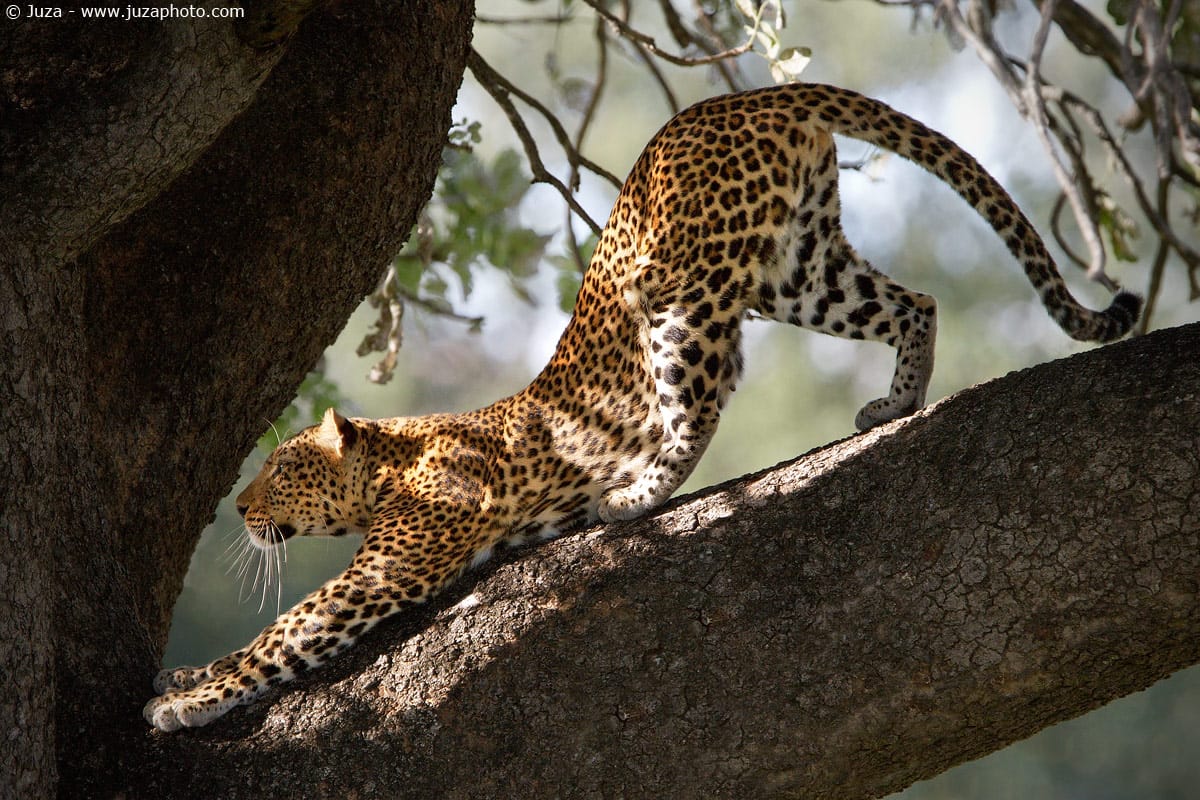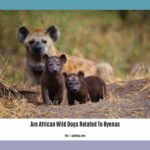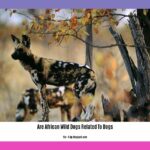Is the Zanzibar Leopard a Distinct Species?
The Zanzibar leopard (Panthera pardus adersi), found only on Unguja Island in the Zanzibar Archipelago, has captivated imaginations and ignited scientific debate for decades. Is this spotted feline a unique subspecies or merely a variation of its African mainland cousins? The answer, shrouded in mystery and a lack of definitive proof, continues to fascinate researchers and fuel local folklore.
Island Life and Evolutionary Adaptations
Isolated from mainland Africa for millennia, the Zanzibar leopard presents unique characteristics that have fueled the debate surrounding its classification. Smaller in size than its mainland counterparts, with rosettes often broken into smaller, spot-like patterns, the Zanzibar leopard embodies the evolutionary forces at play on islands. This phenomenon, known as the founder effect, occurs when a small, isolated population develops distinct traits over time due to a limited gene pool.
https://www.lolaapp.com/Evolution/Island_Biogeography/
Myths, Legends, and the Decline of the Zanzibar Leopard
Adding to the mystique of the Zanzibar leopard are the tales woven into the fabric of local culture. Revered and feared, the leopard is often linked to witchcraft and superstition. These beliefs, passed down through generations, have unfortunately contributed to the animal’s persecution, further complicating conservation efforts.
https://www.lolaapp.com/Culture/Folklore/
The Elusive Phantom: Extinct or Still Roaming?
The last confirmed sighting of a Zanzibar leopard dates back to the early 1980s, leaving a void filled only with anecdotal whispers and fleeting glimpses. In 1993, the International Union for Conservation of Nature (IUCN), faced with a lack of concrete evidence, declared the Zanzibar leopard “Critically Endangered (Possibly Extinct).”
Despite this declaration, hope persists. Local communities continue to report sightings, keeping the legend alive. However, without photographic evidence or DNA samples, these accounts remain unverified. The dense forests of Unguja, while protecting the leopard, also make it incredibly challenging to study or confirm its continued existence.
Unraveling the Genetic Puzzle
Adding fuel to the debate, genetic studies conducted in the 1990s suggested that the Zanzibar leopard might be a variation of the African leopard (Panthera pardus pardus) rather than a distinct subspecies. This finding, while significant, doesn’t completely rule out the possibility of unique adaptations developed during the leopard’s long isolation on Unguja Island.
https://www.lolaapp.com/Genetics/
A Glimmer of Hope: Conservation Efforts and the Power of Belief
While the fate of the Zanzibar leopard remains uncertain, conservation efforts persist. Organizations like the Tanzania Wildlife Authority focus on protecting potential leopard habitat and educating local communities about the importance of coexisting with wildlife.
Perhaps the most powerful testament to the Zanzibar leopard’s legacy is the enduring belief in its existence. The stories shared, the whispers of sightings, and the cultural significance attached to this elusive creature highlight the profound connection between humans and the natural world. Whether a phantom of the forest or a creature on the brink of rediscovery, the Zanzibar leopard’s story is a reminder of the intricate web of science, culture, and conservation that shapes our understanding of the natural world.
- Crypto Quotes’ Red Flags: Avoid Costly Mistakes - June 30, 2025
- Unlock Inspirational Crypto Quotes: Future Predictions - June 30, 2025
- Famous Bitcoin Quotes: A Deep Dive into Crypto’s History - June 30, 2025
















